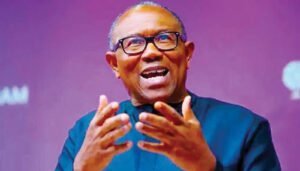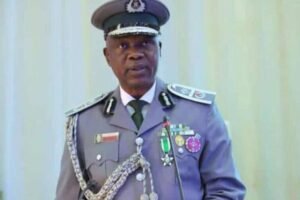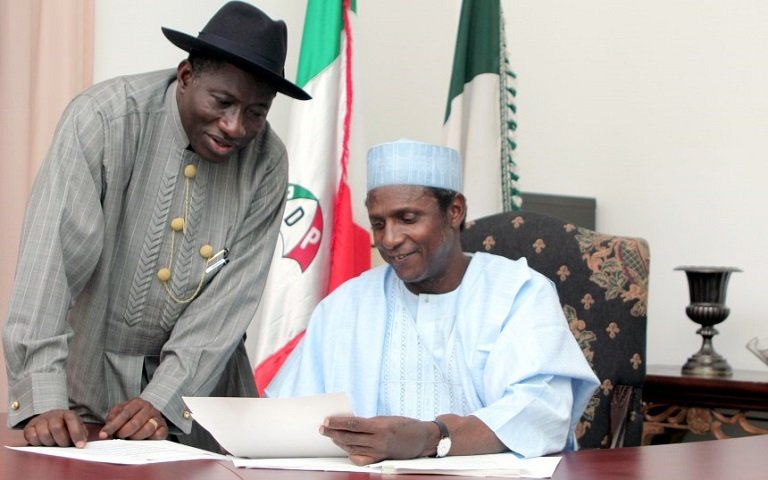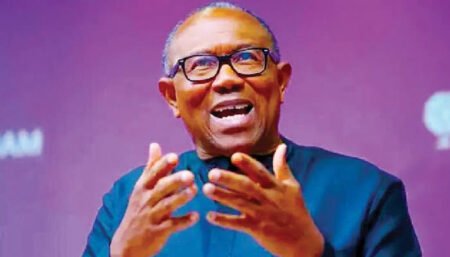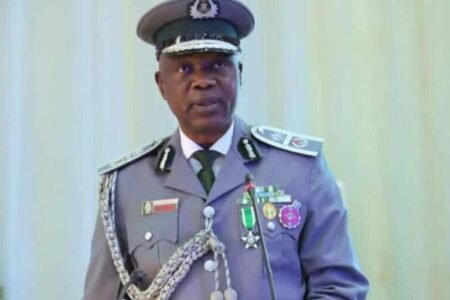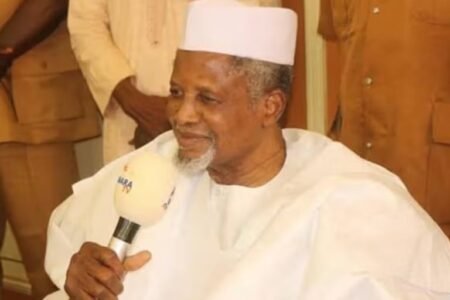Former President Goodluck Jonathan has made stunning claims concerning the constitutional crisis that rocked Nigeria during the late President Umaru Musa Yar’Adua’s protracted sickness, claiming that a key presidential aide purposely withheld a critical handover document from the National Assembly.
In an interview with Rainbow Book Club, which trended on Saturday, Jonathan said that Yar’Adua had prepared a formal letter empowering him as acting president before flying abroad for medical treatment in 2010, but the aide in charge of the paper refused to submit it to parliament.
The former president claimed the aide’s actions caused a constitutional crisis, leaving Nigeria without an acting president or commander-in-chief for months.
He added that, while he could preside over Federal Executive Council meetings and approve ministerial documents as vice president, he did not have the constitutional power to act as commander-in-chief without the formal letter.
He said that the crisis compelled the National Assembly to apply the “doctrine of necessity”, allowing him to function as president without an official letter, a move he contrasted to the fast transition processes in the United States.
Jonathan said, “There’s always a balancing between North and South, Muslims and Christians. And Yar’Adua was a Northern Muslim, serving as president. He took over from a Southern Christian, Obasanjo, who ruled for eight years.
“Definitely the Northern Muslims wanted Yar’Adua to at least do eight years before power would return to the South, likely to another Christian. But his health issues came up, and it was a problem. That’s why even allowing me to act as president became an issue.
“One year that Yar’Adua was going for the medical checkup. Actually, a letter was written. Of course, the constitution says that for the vice president to act, the president would send a letter to the Senate and the House of Representatives informing them.
“That letter was written, but the person to whom the letter was handed over, I will not mention the name to you now, was one of the aides of Yar’Adua, refused to submit the letter to the National Assembly. And Yar’Adua became so ill that he had no control of issues.
“So we had a country where the president was not available, and there was no acting president. Yes, as a vice president, you can take over some responsibilities of the president. You know the president of Nigeria has two main responsibilities.
“First, you are the chief executive of the country, so like a prime minister of a country. That, the vice president can assume; you don’t need any transfer. And I was doing that because we were having an executive council meeting; we were approving memos from ministers, so the government was going on.
“But there was no commander-in-chief. What is the second responsibility of the president of Nigeria, besides being the executive head of the country? And there’s nothing like acting commander-in-chief. Either you’re a commander-in-chief or not.
“But when you become an acting president, you are at the same time a commander-in-chief. So that was lacking, and no country allows that gap. A country like America, they don’t allow that gap at all.
“If an American president wants to, even if it’s a Whitlow, and he requires an extension, and he will be off for five minutes, he will hand over to the vice president before that procedure. The moment he regains consciousness, he takes over. But we stayed for some time.
“And that led to what they call the doctrine of necessity. When the National Assembly felt that the country was in a situation where it was not expected, they now have to initiate this doctrine of necessity. And they now made me act as a president without a letter from Yar’Adua.”
Yar’Adua passed away in May 2010 after months of illness, and Jonathan subsequently completed his term before winning the 2011 presidential election.
